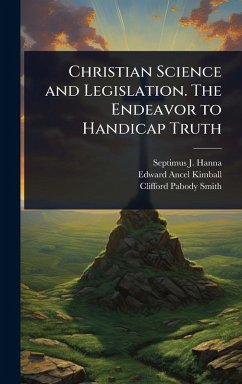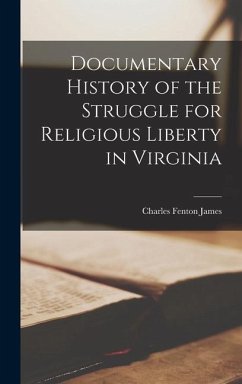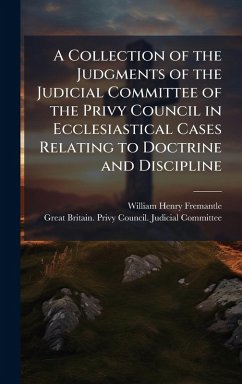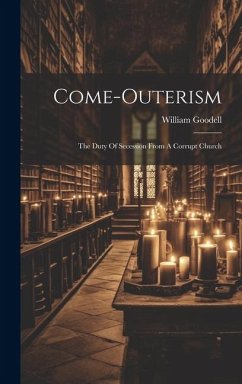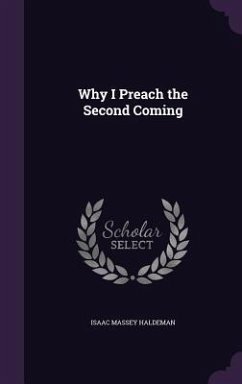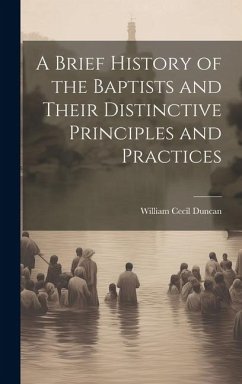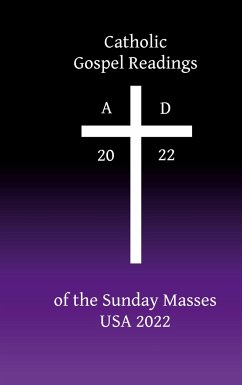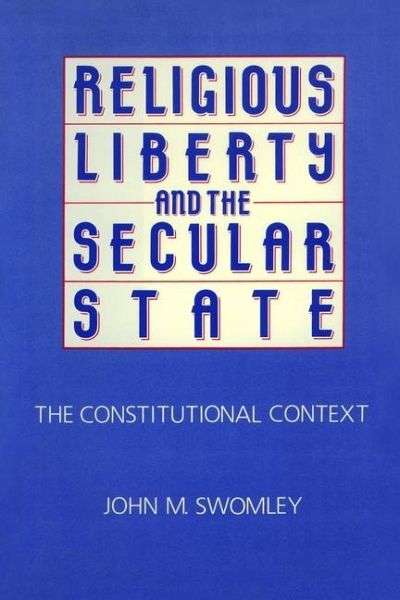
Religious Liberty and the Secular State
Versandkostenfrei!
Versandfertig in über 4 Wochen
28,99 €
inkl. MwSt.

PAYBACK Punkte
14 °P sammeln!
This book examines the political and religious context in which the Constitution and The Bill of Rights were adopted. Swomley reasons that those who wrote and adopted the Constitution and First Amendment intended a strict separation of church and state, a government that would neither aid nor impede religion. Religious Liberty and the Secular State refutes Chief Justice Rehnquist's position that the framers of the Constitution did not intend to ban all religious aid, only preferential aid. Swomley also refutes Rehnquist's claim that the Establishment Clause in the First Amendment was intended ...
This book examines the political and religious context in which the Constitution and The Bill of Rights were adopted. Swomley reasons that those who wrote and adopted the Constitution and First Amendment intended a strict separation of church and state, a government that would neither aid nor impede religion. Religious Liberty and the Secular State refutes Chief Justice Rehnquist's position that the framers of the Constitution did not intend to ban all religious aid, only preferential aid. Swomley also refutes Rehnquist's claim that the Establishment Clause in the First Amendment was intended to prevent the establishment of a single national church. Swomley concludes that the Constitution was intended to prevent the federal government from establishing one or more churches and to prevent the tax support of churches on any basis. This book exposes the Supreme Court's erosion of the Establishment Clause while emphasizing the Free Exercise Clause. Swomley also explores civil religion, secular humanism, and the current counter-revolution against separation of church and state led by some religious and political conservatives who would profit from government aid. He also lists the benefits churches would realize under a secular government.



